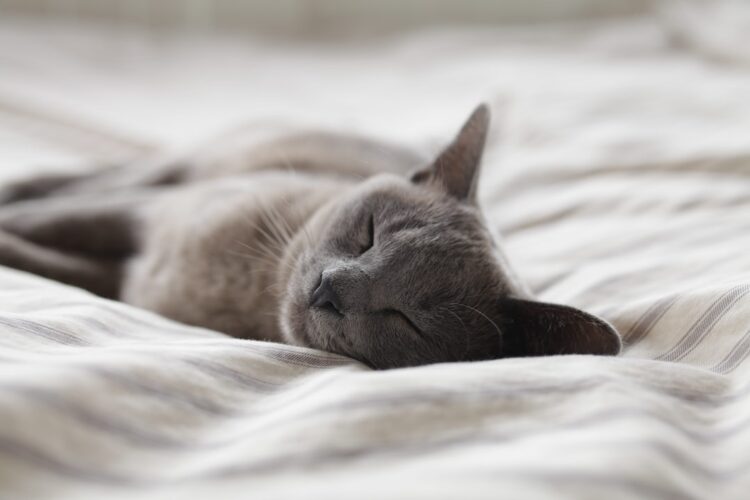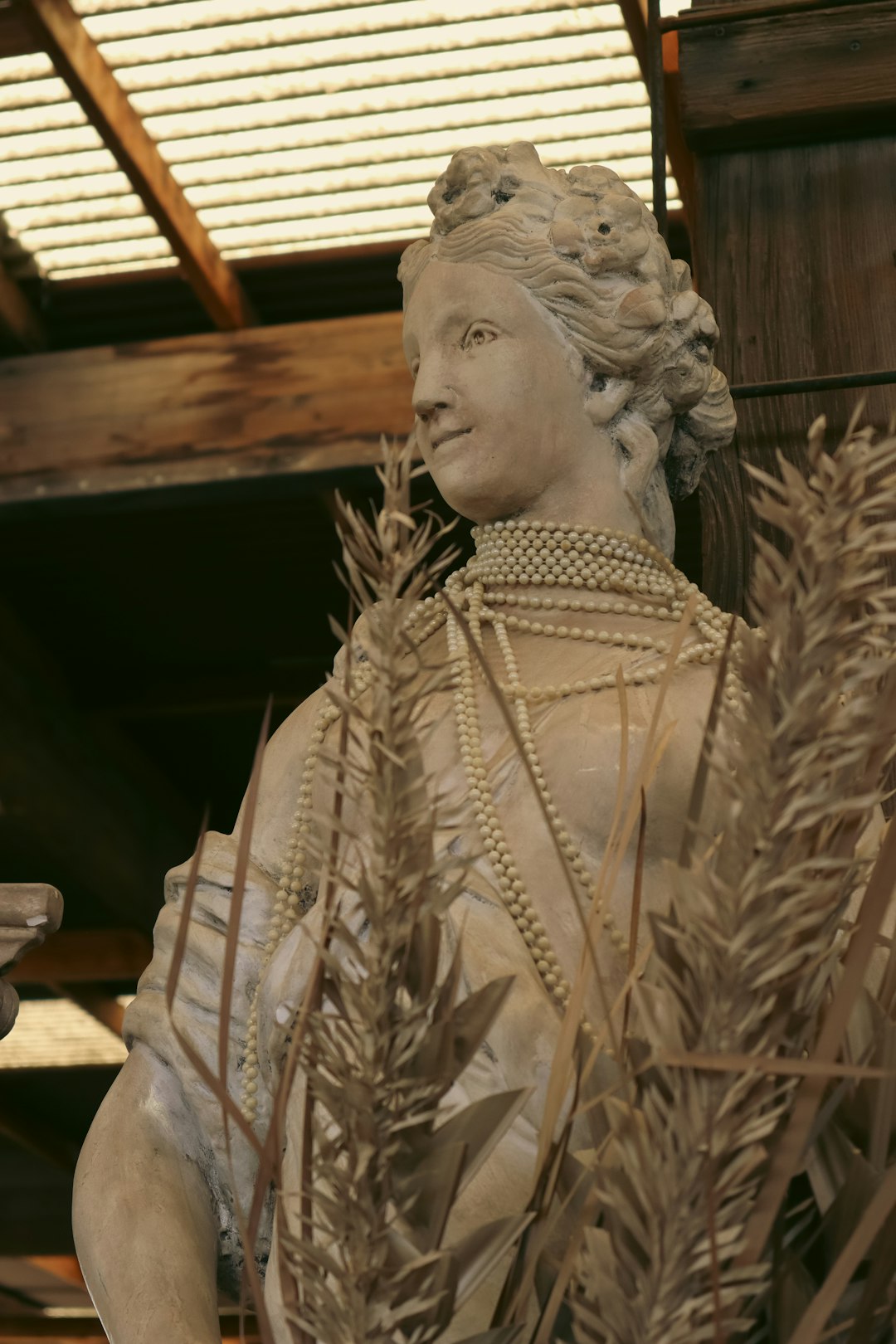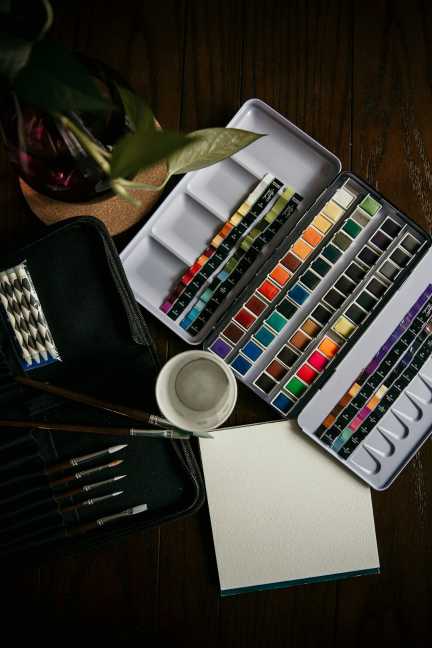The sense of smell is often considered one of the most powerful senses we possess. It has the ability to evoke memories, stimulate emotions, and create a mood. This is why the art of fragrance crafting has been around for centuries, allowing people to create unique scents that can be used in perfumes, candles, and other products.
The world of fragrance crafting is a fascinating one, with a long history that dates back to ancient times. The Egyptians, for instance, used incense and oils in religious ceremonies, while the Greeks and Romans used perfume as a way to enhance their natural beauty and social status. In the Middle Ages, perfumes were used to mask unpleasant smells, and it wasn’t until the Renaissance that fragrance crafting began to develop as an art form.
Today, fragrance crafting is a sophisticated industry, with professionals able to mix and blend ingredients to create unique scents that cater to the tastes of consumers. Perfumes, in particular, are a work of art that is the result of a complex process that involves selecting the right ingredients, mixing them in the right proportions, and letting them age to achieve the desired scent.
The creation of a perfume involves the use of top notes, middle notes, and base notes. The top notes are the initial scents that are perceived when you first smell a perfume. They usually last for a few minutes before fading away. Middle notes follow, which are more intense and long-lasting than the top notes. Finally, base notes form the foundation of the perfume, providing depth and richness that can last for hours or days.
To create a perfume, the perfumer must first decide on the theme or story that the scent will tell. This could involve creating a scent that is fresh and floral, warm and spicy, or sharp and citrusy. Once this has been decided, the perfumer will select a range of essential oils, which will be used to create the scent.
Essential oils are natural oils that are extracted from flowers, fruits, leaves, and other plant materials. Each essential oil has a unique scent profile, and this is what gives the perfume its character. For example, rose oil has a floral scent, while eucalyptus oil has a sharp, camphor-like scent.
Once the essential oils have been selected, the perfumer will mix them in the right proportions to create the desired scent. This is known as the “formula” and is a closely guarded secret in the fragrance industry. The formula needs to be balanced, with each note harmoniously blending together to create a unique scent.
Once the perfume has been created, it will be aged for several weeks or months to allow the ingredients to meld together and the scent to reach its full potential. After aging, the perfume will be evaluated by a team of experts to ensure that it meets the desired standards.
In conclusion, the world of fragrance crafting is an art form that requires skill, creativity, and a deep understanding of scent. Perfumers must be able to create scents that evoke emotions, stimulate the senses, and tell a story. It’s a complex process that requires a lot of patience and dedication, but the end result is a beautiful, unique scent that can be enjoyed by people all over the world.












